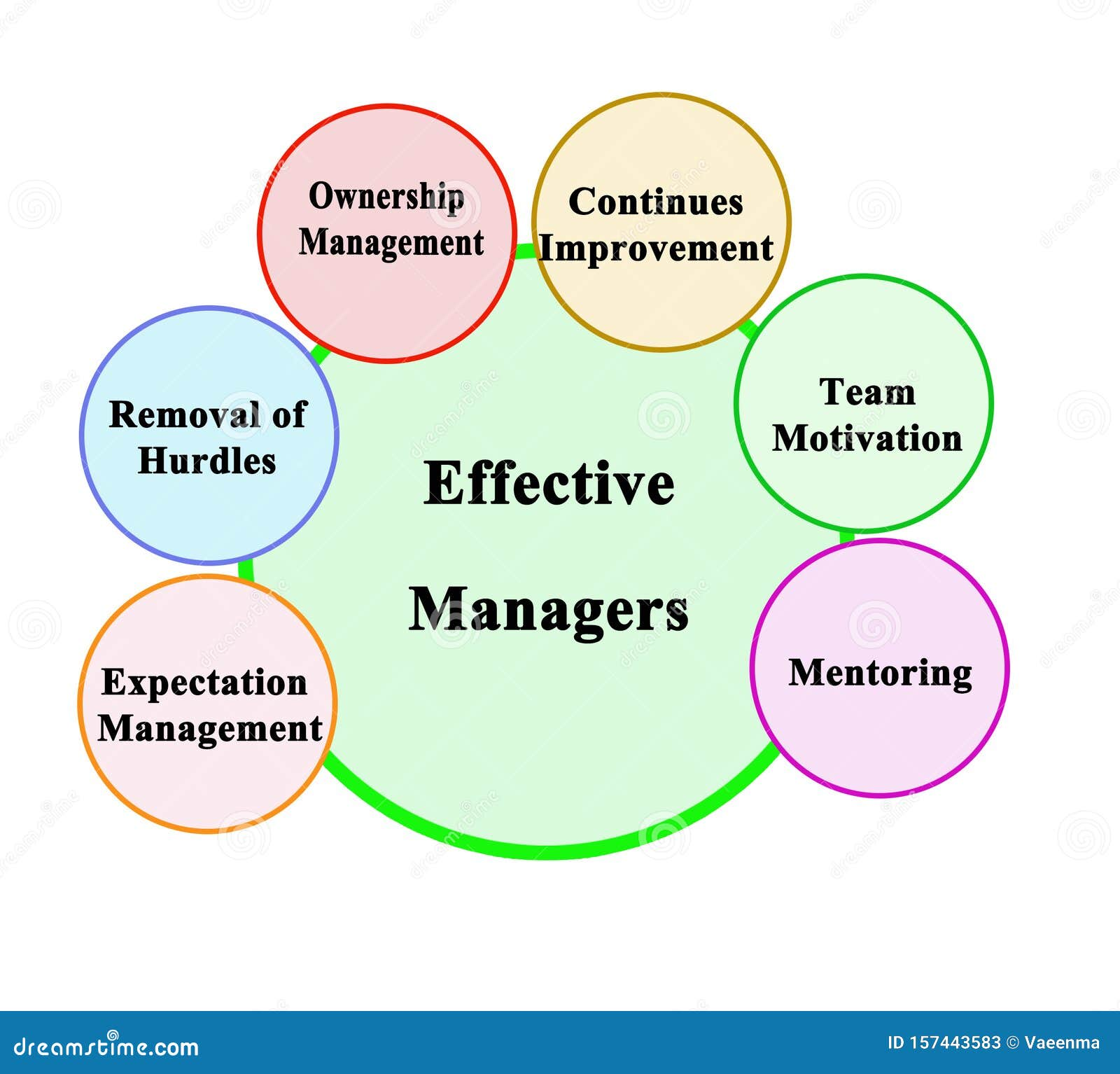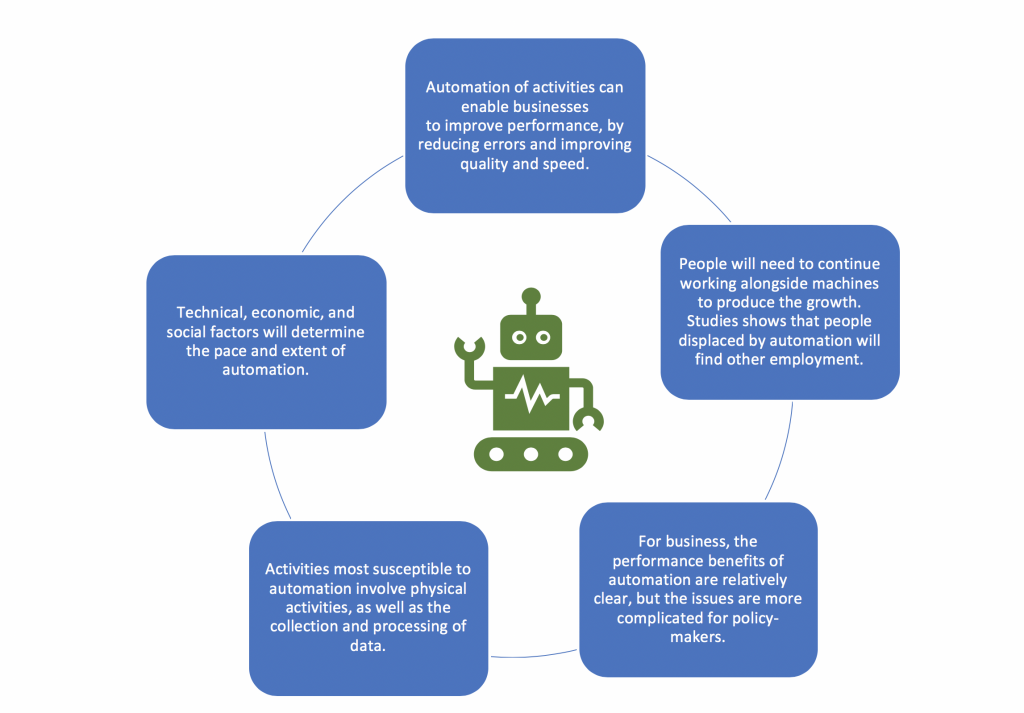Selecting effective managers is a critical endeavor that can significantly influence an organization’s success. Research shows that while many companies rely on personality traits and experience to choose managers, these factors do not reliably predict manager effectiveness. Instead, key attributes such as leadership skills and the ability to make informed decisions under pressure should guide the selection process. By implementing robust manager selection methods and focusing on the best qualities of managers, organizations can enhance their team’s overall performance. Additionally, understanding how to identify and predict management success is vital for creating effective leaders who drive results.
Finding the right leaders within an organization, often referred to as talent acquisition for managerial roles, is essential for fostering a productive workforce. Companies frequently overlook vital skills and characteristics that contribute to management efficacy, such as analytical thinking and communication abilities. Alternative terms like ‘leader identification’ and ‘management selection criteria’ also underscore the importance of not just who becomes a manager, but how these individuals are chosen based on quantifiable traits. Emphasizing leadership competencies, rather than relying solely on subjective measures, can ensure that organizations cultivate managers who truly drive team productivity and morale. Overall, prioritizing scientific methods in leadership selection aids in forecasting who will indeed thrive in management positions.
Understanding the Best Qualities of Managers
Identifying the best qualities of managers is an essential step in building an effective leadership team within any organization. Key traits such as communication skills, emotional intelligence, and decision-making abilities are paramount. A successful manager must be able to foster an environment of psychological safety, allowing employees to express their ideas freely while also encouraging constructive criticism. This is supported by research highlighting that managers who prioritize interpersonal relationships tend to enhance team performance and employee satisfaction.
Moreover, strategic vision and analytical thinking cannot be overlooked. These qualities enable managers to navigate complex organizational landscapes effectively. A manager with strong analytical skills can assess their team’s strengths and weaknesses, allocate resources efficiently, and adapt to changing business needs. By targeting candidates who exhibit these traits, organizations can greatly improve their overall managerial effectiveness and create a robust leadership framework.
Frequently Asked Questions
What are the best qualities of managers that predict manager effectiveness?
To select effective managers, look for qualities such as interpersonal skills, analytical thinking, and the ability to foster psychological safety among team members. These qualities enhance communication and also aid in resource allocation, which is crucial for manager effectiveness.
How can manager selection methods improve leadership skills in organizations?
Utilizing structured manager selection methods that prioritize measures like cognitive ability and resource allocation skills can significantly enhance leadership skills within an organization, helping to predict management success more accurately than relying solely on personality traits.
Why is predicting management success important for selecting effective managers?
Predicting management success is vital because it allows organizations to choose individuals who will not only perform well but also adaptively lead their teams through challenges. It shifts the focus from subjective traits to objective performance metrics that truly reflect managerial capabilities.
What role do leadership skills play in the manager effectiveness measurement?
Leadership skills are pivotal in measuring manager effectiveness, as they encompass a manager’s ability to communicate, motivate, and strategically guide their teams. Effective managers utilize these skills to improve team dynamics and drive organizational performance.
What are the recommended methods for selecting managers effectively?
Research suggests that effective manager selection should involve assessing cognitive ability through tests like Raven’s Progressive Matrices and evaluating economic decision-making skills. These methods provide a more reliable prediction of a manager’s effectiveness than traditional approaches.
How do the best qualities of managers relate to team dynamics and overall success?
The best qualities of managers, including strong leadership skills and the ability to allocate resources wisely, directly influence team dynamics. Effective managers help create an environment where team members feel safe to share ideas and feedback, fostering a culture of collaboration and improvement.
| Key Point | Description |
|---|---|
| Importance of Good Management | Good management is crucial for navigating challenges faced by organizations, helping to allocate resources effectively and maximize team output. |
| Traditional Selection Methods | Companies frequently choose managers based on personality traits, age, or experience; however, these methods may not accurately predict effectiveness. |
| Predictive Measures of Management Skills | The two significant predictors of effective management found by the study are IQ and economic decision-making skills, rather than conventional traits. |
| Self-Nomination vs. Random Assignment | Individuals who self-nominate for leadership often perform worse than those randomly assigned to the role, suggesting overconfidence detracts from performance. |
| Need for Analytical Methodologies | Adopting scientific methods to assess managerial skills can lead companies to identify more effective leaders and increase productivity. |
| Evaluation in Controlled Settings | The research included experimental setups where managers were assigned to teams randomly, allowing for a fair evaluation of their effectiveness. |
Summary
When considering how to select effective managers, it’s essential to move beyond conventional indicators such as personality and experience. Research shows that effective management is rooted in specific skills like IQ and the capacity for economic decision-making. To enhance organizational performance, companies should adopt more scientifically-based methods of evaluation for potential managers, focusing on their decision-making abilities rather than simply their preferences for leadership roles.




